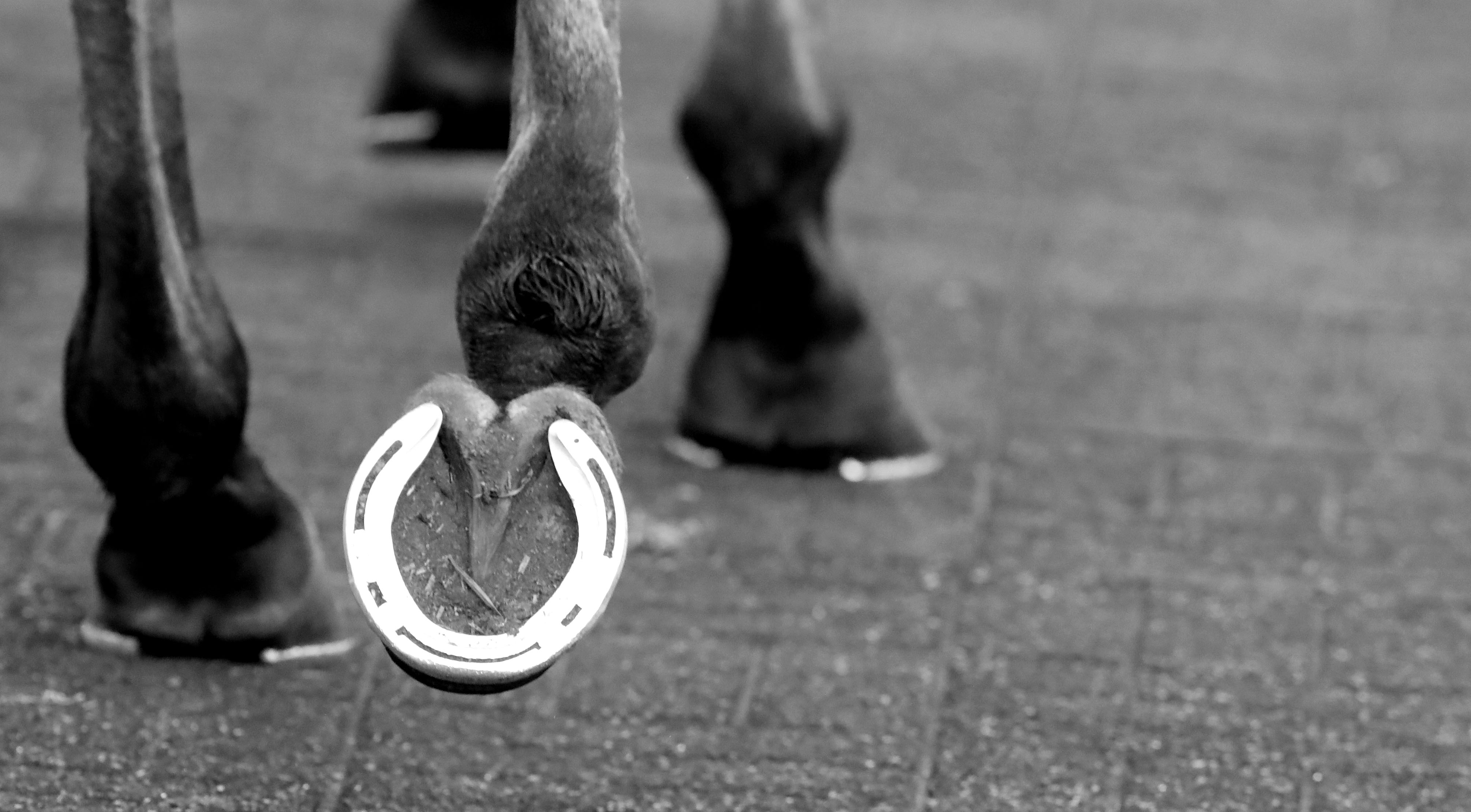
Testing at licensed yards across the country is ongoing, with a view to quickly assessing and containing the potential spread of the highly contagious equine influenza virus which is affecting vaccinated horses.
The BHA is continuing to build a picture of the potential spread of the disease by testing as many horses as possible from potentially exposed yards. The data collected will help to build an evidence base which will allow a decision to be made on Monday as to whether racing can return on Wednesday 13 February.
Surveillance update
The Animal Health Trust (AHT) has now received several thousands of samples and is working through the process of testing those samples. The latest update that has been provided to the BHA confirms that no further positive cases have been identified from the testing carried out yesterday. Owing to the volume of testing being carried out the AHT have not been able to provide a precise figure as to the number of tests carried out, but they are of the view that the numbers processed will be roughly equivalent to the 720 which were processed the previous day.
Amongst the samples that have been tested are those of the remaining 27 horses from the yard of Rebecca Menzies. All horses in this yard have now tested negative, though the yard will remain under close surveillance and further testing will be carried out.
Analysis remains ongoing with more swabs being returned all the time, and yesterday 5,000 extra swabs were distributed to trainers to assist with the logistical challenges of testing this many horses.
The AHT have also publicly confirmed that a non-thoroughbred, unvaccinated horse has sadly had to be humanely euthanized after having contracted the virus. This shows the threat posed by the disease in unvaccinated horses and the importance of biosecurity procedures and movement restrictions to contain the possible spread of the disease.
Equine influenza should not be confused with or compared to the common ‘bug’ that might impact some yards from time to time. It is the most potentially damaging of the respiratory viruses that occur in UK equines, and it can be particularly serious for younger horses, which is of particular concern with the breeding season about to start. Trainers are required under the rules to notify the BHA should a case of equine influenza be identified or suspected in their yard.
Return to racing
A pragmatic and evidence-led approach is being adopted in order to enable the BHA to make decisions on Monday as to whether racing can return on Wednesday 13 February. A prioritisation plan for testing is being adopted, which is based on the proximity of horses to a positive test, or to a yard returning a positive test. Swabs will continue to be collected and tested from other horses, but some are being fast tracked. Separately, a specific plan is being formed as to what the clearance process will be for individual yards to return to racing.
This process will remain ongoing through today and tomorrow with a view to sufficient evidence being gathered to make a decision on Monday evening as to whether racing can return on Wednesday. We appreciate everyone’s patience and understanding that as much evidence as possible must be gathered prior to making a decision as to when racing can safely return.
Should racing be given the go ahead to return on Wednesday then declarations for all races would take place on Tuesday.
David Sykes, Director of Equine Health and Welfare for the BHA, said:
“The data is encouraging and provides a further indication that the precautionary safety measures have helped to contain the spread of disease. However, the picture is still developing and it remains the case that we will make an evidence-based decision about the situation on Monday.
“It remains paramount that, for the sake of our horse population, we do not take any unnecessary risks. This is not a common cold, it is a highly contagious and potentially serious disease.
“The prioritisation exercise with regards to testing will help deliver a detailed picture of the spread of infection. Targeted testing, alongside the wide survey of data we have already gathered, will help provide a clear picture as to the scale of the spread of the disease. Any decision will include guidance and input from veterinary experts, including the industry’s veterinary committee.
“We are also working through the process that will be followed in order to give specific yards the all clear to resume racing. This will balance the clear need for yards to resume business as soon as possible with ensuring that we do not put horses at the risk of unnecessary harm. We are liaising with the NTF and trainers on this process.”
Testing costs
As confirmed last night, the BHA and Horserace Betting Levy Board (HBLB) have agreed to pay a contribution to owners or trainers for the costs incurred where the BHA has required samples to be taken, including the cost of the swabs and the veterinary fees involved. We are working on the exact details with the NTF and HBLB and will confirm the reimbursement policy and process as soon as possible, but it will be based on a fixed fee per horse sampled.
The BHA is extremely grateful to HBLB for their important support and contribution.
